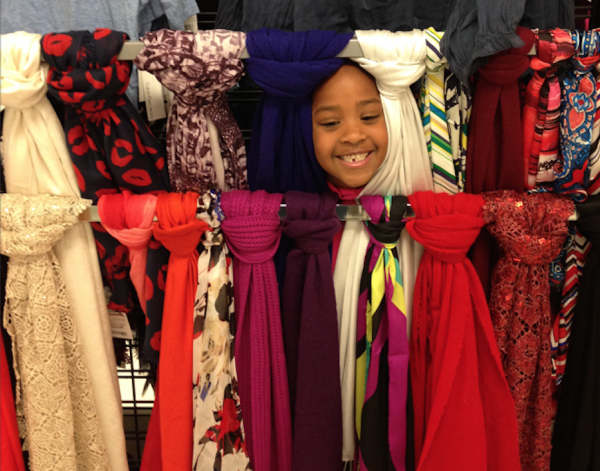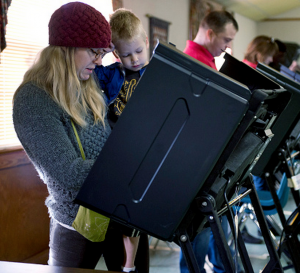
My family adopted Naomi from Ethiopia in June of 2010, at the age of 2 and a half. Since then, we’ve been learning about how to parent our new daughter effectively and lovingly in her new American home with her two older siblings. We don’t do it perfectly, but we’re trying. I wrote this a couple of years ago, but didn’t publish for some reason. I’m publishing now in case it’s a helpful data point, though this is not as much of a problem for her now that she’s seven and more established in our family!
As many trans-racially adoptive moms know, it’s rare to leave the house without having some strange interaction about race with total strangers. I generally can handle the loss of privacy that comes with having two blond haired, fair skinned, and blue eyed children and one wearing corn rows.
I’ve found, however, that sometimes frequent questions and comments of strangers and relatives sometimes annoy and worry us. At the heart of our anger and anxiety is the fear that our adopted child will be hurt by thoughtless questions, or that their older siblings, who look less exotic, will feel neglected, but this need not happen.
Sometimes, because we’re in a predominantly white community, people touch it to see what “that kind of hair” feels like. That means that Naomi has had to be perfectly fine with total strangers pawing her head like she’s an animal. (Completely random people feel entitled to talk to her, feel her hair, ask questions about her “real parents,” and other wildly inappropriate questions.) On a great website called “Chocolate Hair, Vanilla Care,” a mom discusses the issue of hair-touching:
She is small, but she does have personal space and a sense of self-worth. When you invade that space without her permission you are telling her that she has no rights to her body; that her desire to be left untouched is not as important as your curiosity. Even if your hands are clean, they still leave a an invisible mark.
If you are sweet and kind enough to ask my daughter ahead of time if you can touch her hair, please do not be offended if she says, “No.” She is not being rude. She has no obligation to give the answer that you want. Her body is her own and if she does not want to share it with you at that moment, then please respect her rights. Don’t tell me that she’s being “disobedient” or “rude” or huff and walk away. In doing so, you are indirectly communicating that she owes you a piece of herself for no other reason than because you asked. She does not.
Once, a woman we’d just met casually at a conference in Washington, DC stooped down and said, “Can I have a hug? I know you are not supposed to talk to strangers, but I just introduced myself to your parents and I think it’s okay just this once.”
What people don’t know is that it’s never just once. That lady has no way of knowing that she was the sixth person to come up to us that day wanting to touch her. Once when I was in line in a store, a man with almost no teeth picked up Naomi and lifted her high above his head. “Put me down,” she said.
“I’m not going to,” he responded. “Not until you say the magic word.”
To my shame, as I saw her lifted, I didn’t directly tell him in no uncertain terms to put her down. The cashier looked horrified, the man looked strung out on crystal meth, and Naomi looked uncertain and confused. I moved toward him, got Naomi, and distracted her. But I vowed that day to be more of an advocate for her personal space. I don’t want her to feel like she owes people anything merely because they are curious or think she’s “exotic.”
I think these issues are not specific to adopted children, but I feel more acutely aware of them. I’m not starting from scratch with her, you know. She spent two and a half years with strangers, having to trust them to take care of her, having to rely on them for food and basic care.
Parents of adopted children are trying to teach their kids about family and boundaries. Love and respect them, even if it’s from a distance.
Read more on the Patheos Faith and Family Channel, follow Nancy on Facebook, Twitter, and Instagram!










